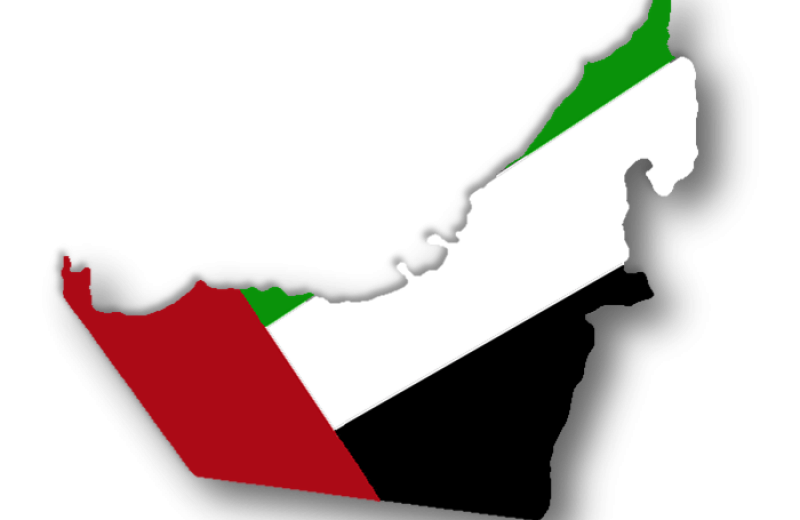
A key reason that Arab states strive for ties with Israel is their desire to benefit from Israel’s influence with the US administration, whether directly (under the Trump administration) or indirectly through the pro-Israel lobby in Washington. Therefore, the fact that the United Arab Emirates thought it could convince the US to sell them the world’s most advanced fighter jet, the F-35, providing the Emirati Air Force with a distinct advantage over Iran in the regional air space, should come as no surprise.
A look at the history of Israel’s clandestine ties with Saudi Arabia and the Emirates indicates there is nothing new under the sun.
In December 1977, when Menachem Begin was prime minister, a confidante of the Saudi royal family secretly visited Israel. The visit was facilitated by his contacts in the Defense Ministry. He demanded a meeting with foreign minister Moshe Dayan to personally deliver a message from Saudi Crown Prince Fahd.
Dayan, as suspicious as ever, demanded to know in advance what the meeting was about. However, the envoy categorically refused, saying he could not betray Fahd’s trust. After another failed attempt through the Foreign Office, the envoy left Israel.
It was later revealed that Fahd wanted Israel to lift its veto on the sale of US F-15 fighter jets to Saudi Arabia, something the Kingdom was desperately seeking The Saudis tried to assure Israel that they would not use the planes for “offensive” purposes, but Israel held firm to its objections. The Saudis, it should be emphasized, expressed on numerous occasions and through different parties – secretly, of course – their willingness to recognize Israel, but Israeli leaders missed those signals.
Four years later, in 1981, having learned their lesson, the Saudis bypassed Israel in their bid to buy advanced AWACS reconnaissance aircraft. Israel, fearful that the planes would be used to monitor its own airborne and intelligence activities, mobilized the top guns of the pro-Israel lobby, but AIPAC was not equal to the task and Congress approved the sale of three planes.
The debilitating campaign the Saudis endured in Congress taught the Gulf states a valuable lesson in American politics: Israel and AIPAC are the best conduit through which to buy cutting-edge American weaponry.
Two decades on, when Prime Minister Benjamin Netanyahu assumed office, then-Mossad director Meir Dagan came up with a brilliant idea: Sell drones to the UAE in return for its cooperation on Iran. Netanyahu viewed the idea as an opportunity to expand his military options vis-à-vis Iran, and agreed.
Aeronautics, an Israeli company specializing in manufacturing “unmanned solutions,” signed a contract with the UAE prior to receiving proper Defense Ministry authorization, and received an advance payment for the order. However, concerned of a misuse of Israeli and American technology, and possibly piqued at being kept out of the loop, the ministry rejected the deal.
Crown Prince Bin Zayed felt humiliated and betrayed. Then came the January 2010 assassination in a Dubai hotel of Mahmoud al-Mabhouh, who had been responsible for purchasing arms for Hamas. As a result, relations between Israel and the UAE further deteriorated. It took two long years of American-UAE-Israeli negotiations to reach an understanding under which Israel returned the advance payment and paid compensation for the deal that never was.
These examples point to the political complexities of technologically advanced weapons sales. The Gulf states realize that Israel holds the keys to Washington, especially under the Trump presidency. Confirmation by the UAE that the sale of F35 fighters was part of the deal with Israel should therefore come as no surprise. It follows Netanyahu’s secret approval of German submarine sales to Egypt unbeknown to the defense minister.
Is the green light for the F-35s sale worth peace with the Emirates? The question requires in-depth consideration and cannot be left solely to the prime minister. The Emirates will presumably not accept a violation of Israel’s (tacit) promise, once again.
*The article was published on The Jerusalem Post, 2 September 2020.


